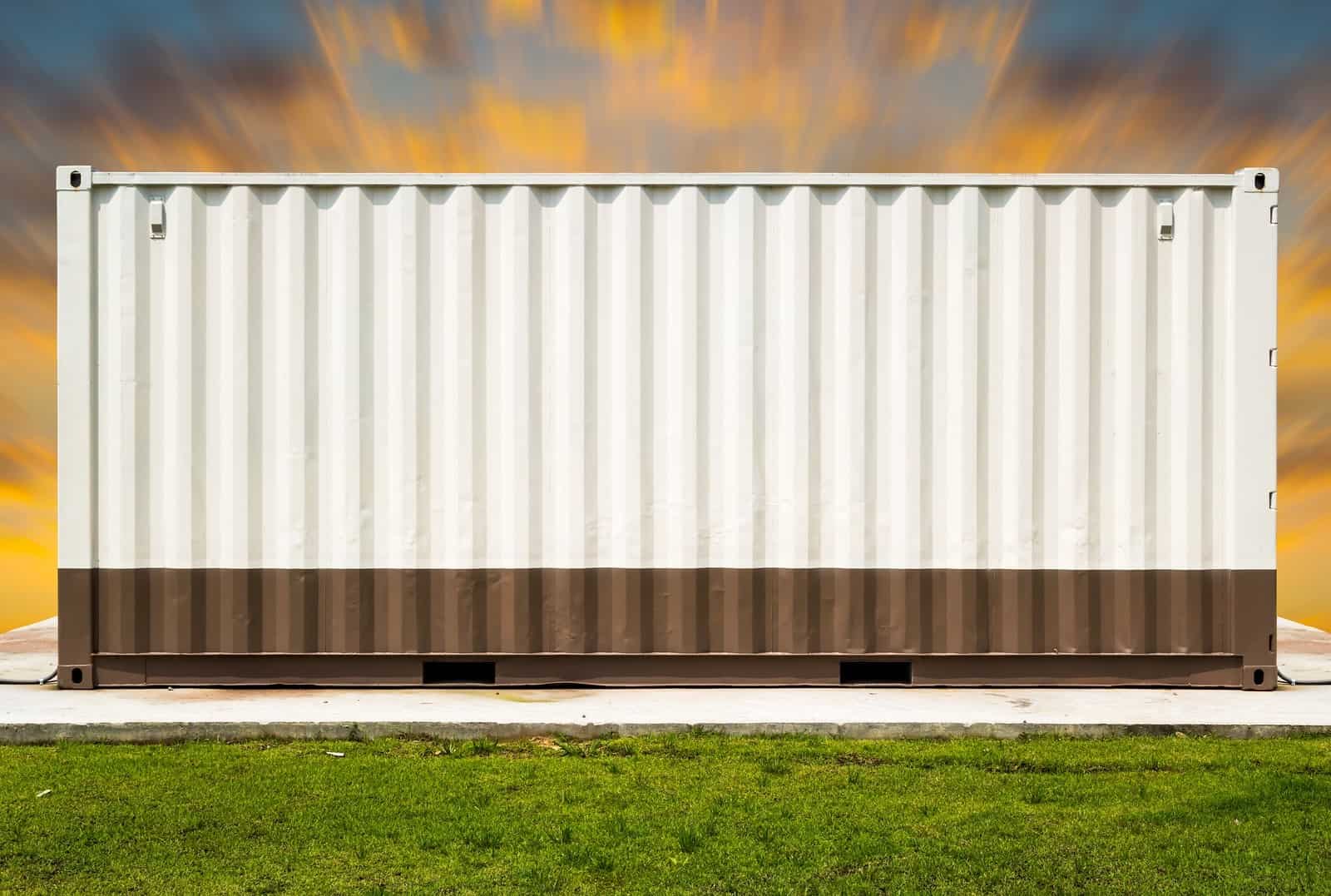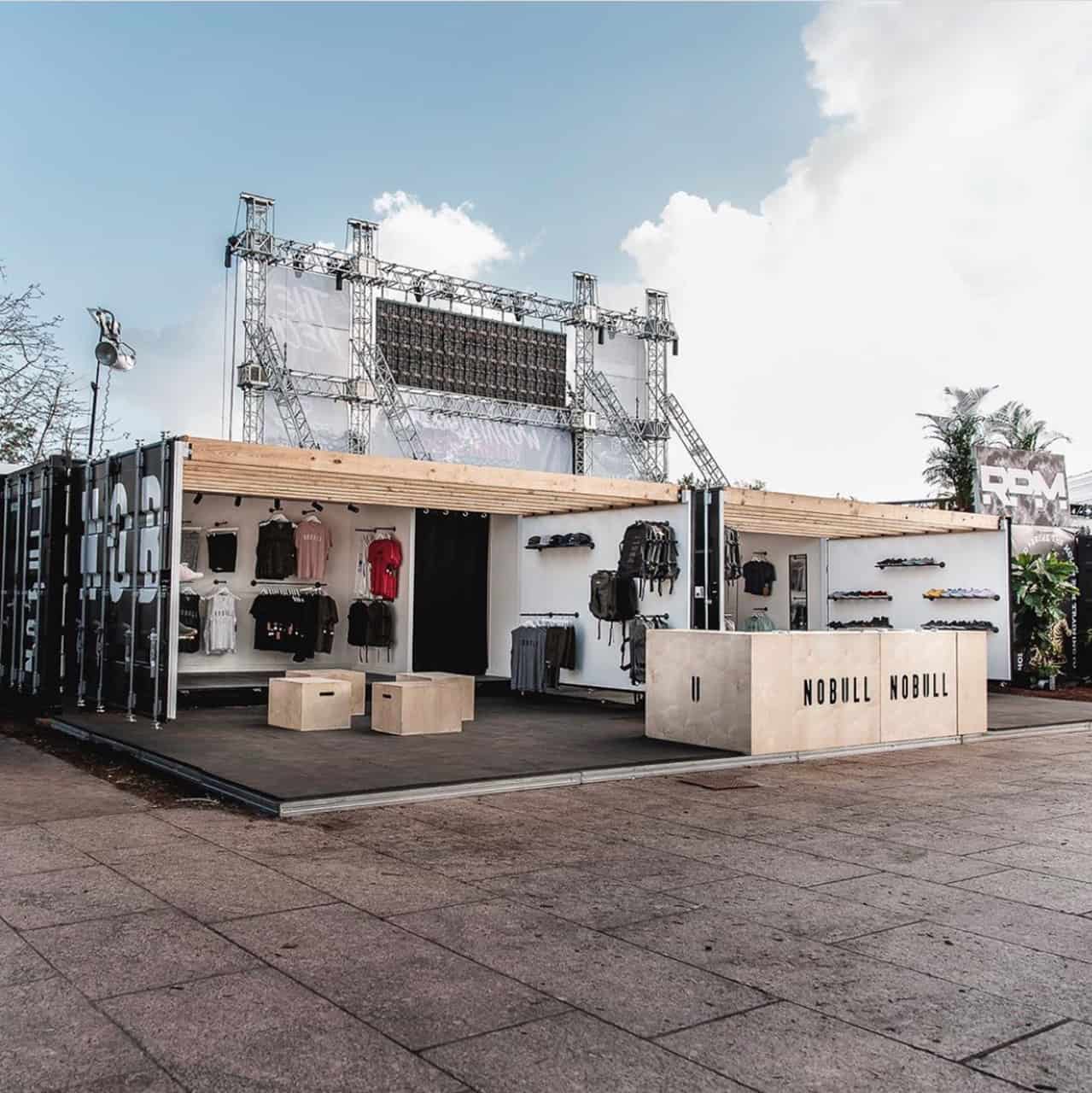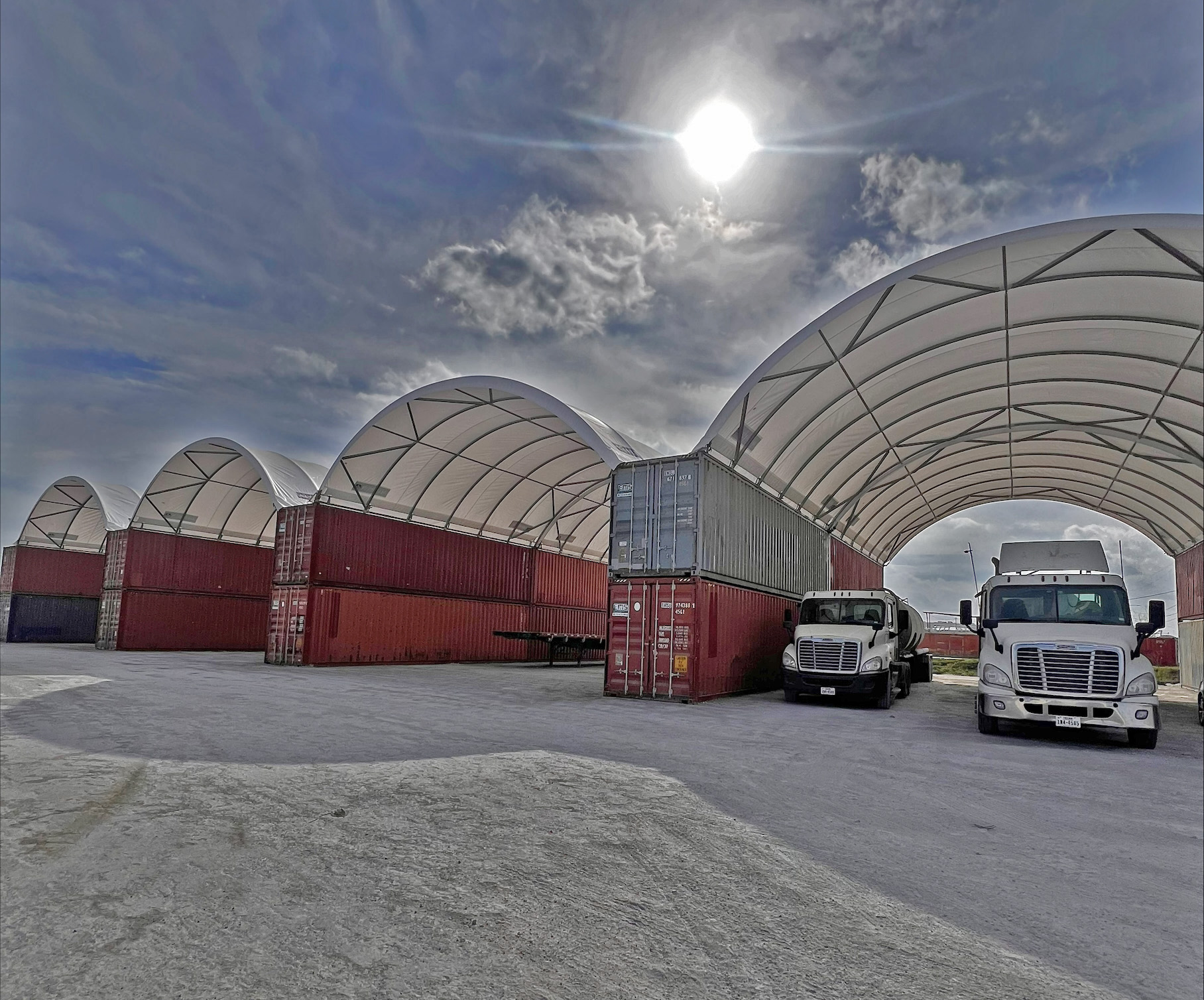Are you planning to build an additional structure on your property but you’re short of funds? You might want to consider using shipping containers instead of the traditional drywall or wood frames. While this option may still cost you a few thousand bucks, it is far more affordable than new construction. In fact, it’s not just huge savings that you can get from opting for this metal boxes but a whole lot of other benefits as well, including ease of installation, built-in stability you won’t get from a frame assembled onsite, and a great deal of design possibilities.

When to Consider a Used Unit
Much like a vehicle or a house, a shipping container can be offered to you brand new or pre-owned. There are many suppliers like Equipment Management Services that offer both new and used shipping containers for sale in Houston, Dallas, and Seattle. Buying a used shipping container may be the way to go if you want to save more money.
There’s no denying the likelihood that anything pre-owned may exhibit signs of deterioration, which may affect performance. Shipping containers are, after all, no different from other products that lose their quality over time, but the used units sold by trusted vendors are sure to be fully capable of serving whatever purpose you may have for them despite their current state. With a little bit of coating and sprucing up, they can look as good as new and perform just as effectively as you need them to.
Inspection
To be absolutely sure that the shipping containers you will purchase are of good quality, it would be best to have a professional inspector come with you at the dock to inspect the units you are eyeing out for. Most reputable providers would not mind having their units checked as a way to guarantee you that they are offering you a good deal.
During the inspection, you are at liberty to ask the supplier a few questions in order to gather as much information about the shipping containers as you will need to be able make an educated decision. Find out what kinds of product were stored in the units, how many miles the units had traveled, if they had sustained any damage, or if they had any repair done previously. Meanwhile, your inspector can confirm the suppliers’ claims about their products by checking the paint, the corner castings, and any seals around the edges.
Delivery
Before calling up any shipping container provider at the port, make sure to factor in your decision the manner by which the units need to be delivered to your property. Are you by any chance living miles away from the coast? Is your area a few hundred feet above sea level? What type of terrain leads toward your property? Is there a fence that could potentially delay the unloading of the box? You have to take all of these factors into account before you choose a seller. It would also help if, upon discussing your interest in purchasing a unit with a particular vendor you will ask how they deal with those situations so that you can tell right away if you’re going for the right provider.
Dimensions and Cost
From a distance, a stack of shipping containers may seem to consist of units of the same sizes. The truth is that some of those units may be longer or shorter than the rest. That’s because shipping containers come in a number of different sizes primarily to meet various storage and carriage needs. They are available in 10ft, 20ft, 40ft, and 45ft. Choose a size that will both meet your needs and can easily be transported and installed on your property. The last thing you need is a shipping container that is too long and still has to be cut to the right length.
Choosing the right supplier can make a great deal of difference on the results of your purchase. Find a supplier that will lead you to the best option for your situation even if it means not selling their flagship. Experts in EMS will even give you tips on how you can prolong the functional life of your metal boxes.
Sources:
10 Things You Need To Know BEFORE You Buy A Shipping Container
List of Exterior Wall Materials Used In Building









